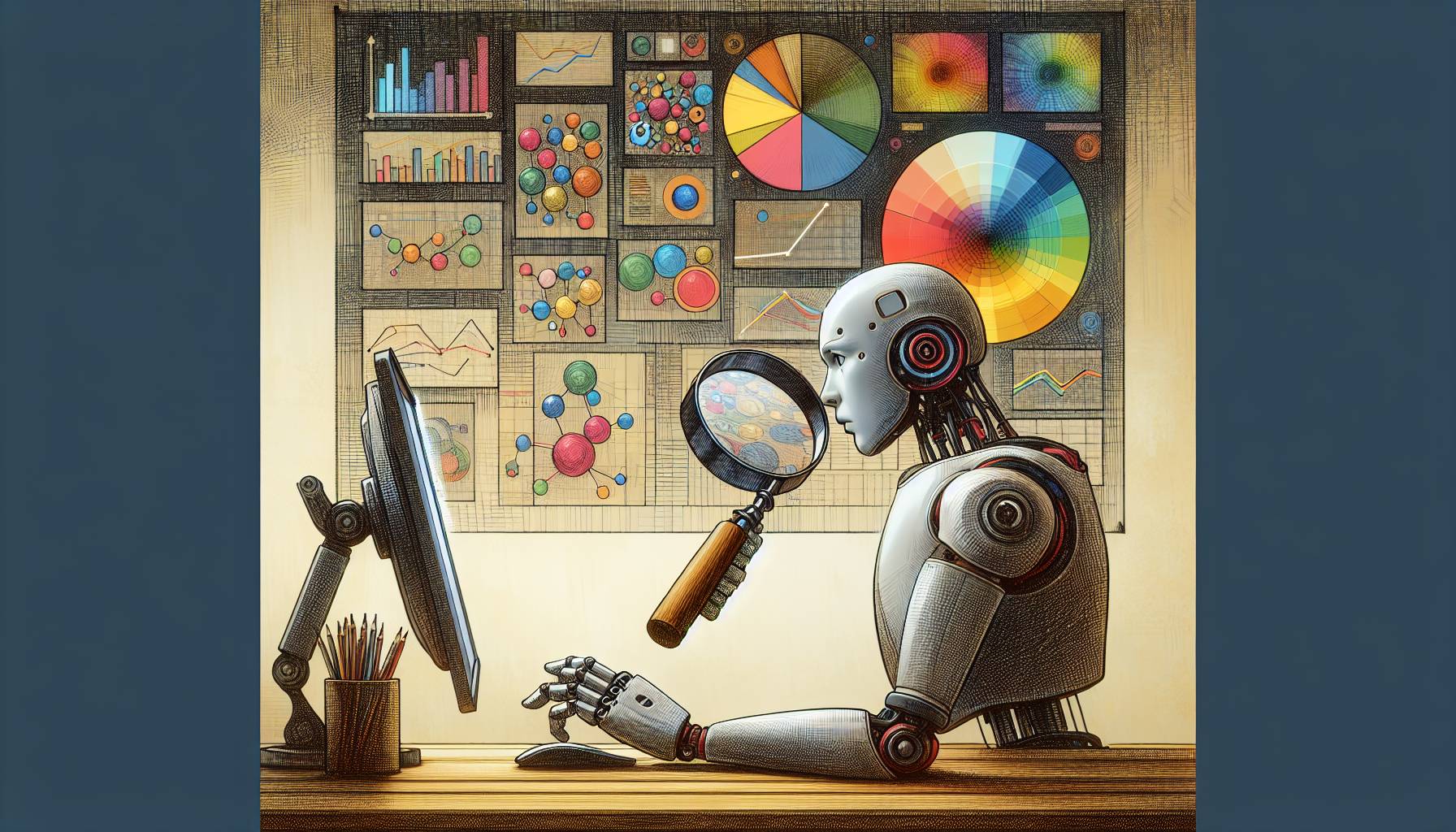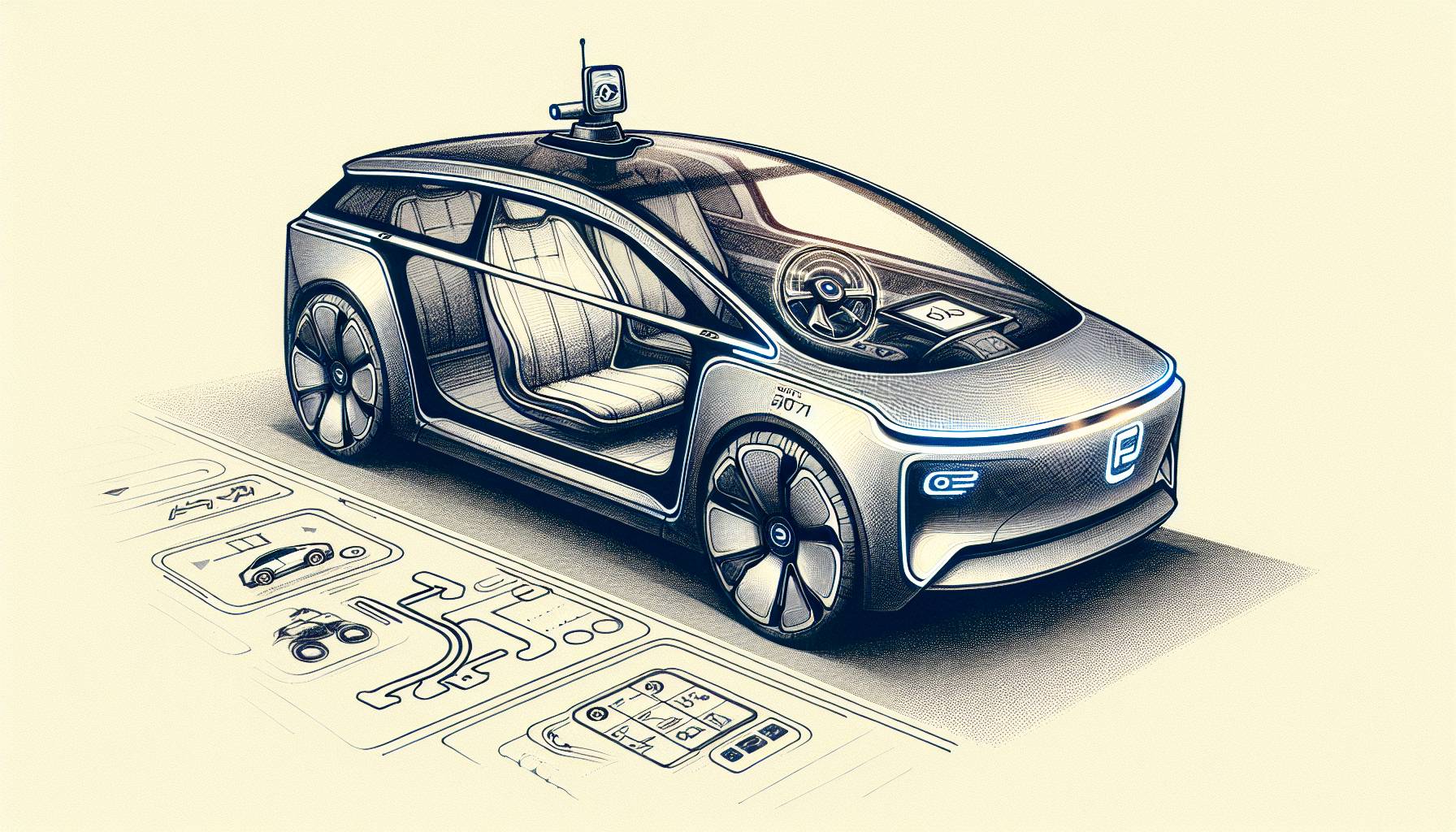The automotive industry is undergoing a dramatic transformation driven by rapid advances in technology, a focus on sustainability, and the changing needs of consumers. This article explores the significant developments and trends shaping the sector, from the increasing importance of digital marketing and online services, to the electrification of the automotive landscape, and the ways in which the industry is working to reduce its environmental impact.
Digital Shift and Online Consumer Behavior
Businesses must adapt their strategies to cater to the growing demand for online services and products. Implementing effective digital marketing techniques and optimizing online presence is essential for companies to successfully navigate through these changing tides and thrive in the increasingly competitive marketplace.
Electrification Efforts: Volkswagen’s $60 Billion Investment
Volkswagen announced a massive investment in electric vehicles and charging infrastructure to speed up the transition to electric mobility. As part of its strategy, Volkswagen aims to become the world’s leading producer of electric vehicles, potentially dethroning Tesla from its current position.
Toyota’s bZ4X Concept: A New Era of Sustainable Mobility
Toyota unveiled its bZ4X Concept, a new all-wheel-drive battery-electric SUV under the “beyond Zero” sub-brand. The company’s commitment to electrify its lineup includes launching 15 new battery-electric vehicles by 2025, aiming to solidify its position in the growing electric vehicle market.
Volkswagen’s Charging Station Expansion and Battery Technology
Volkswagen’s investment strategy includes constructing approximately 18,000 public fast-charging stations across Europe, North America, and China by 2025. The automaker is also working on improving battery technology, promising a more affordable, longer-range, and faster-charging experience for consumers.
Internal Combustion Engines and Decarbonization Efforts
A study from researchers at MIT and Ford suggests that internal combustion engines (ICEs) can still play a transitional role in the automotive industry’s decarbonization efforts by employing emissions-reducing technologies until electric vehicles become widespread.
5G Technology Integration in Automotive Industry
Car manufacturers are actively exploring ways to enhance vehicle connectivity by employing 5G technology to improve data transmission and enable a new range of services. This high-speed, low-latency network will play a crucial role in advancing autonomous driving, streaming, and entertainment experiences for passengers.
Support for Domestic Battery Production
As supply chain disruptions impact the automotive sector, industry leaders are urging governments to support investments in domestic battery production to mitigate risks and ensure a consistent supply of essential components for electric vehicles.
Automotive Safety Advancements and Concerns
Companies like Volvo and Tesla have developed technologies such as assisted driving and autopilot systems to reduce accidents and fatalities. However, concerns over drivers relying too much on technology have arisen, with stakeholders collaborating to develop standardized regulations and improve user education.
Sustainability and Recycling in the Automotive Industry
Automakers are placing increased focus on sustainability and recycling to minimize the environmental impact of vehicle production. From repurposing EV batteries to using eco-friendly materials in vehicle interiors and exteriors, these initiatives play a critical role in meeting environmental regulations and preserving the planet for future generations.
Conclusion
The automotive industry is undergoing significant changes driven by multiple factors, including technological advances, sustainability, and evolving consumer preferences. To keep up with these trends and maintain a competitive edge, companies must adapt to new realities, invest in innovative technologies, and place a keen emphasis on responsibility towards the environment and society at large.
FAQ
What are the significant developments and trends shaping the automotive industry?
The automotive industry is being shaped by factors such as digital marketing and online consumer behavior, electrification efforts, a focus on sustainability and recycling, 5G technology integration, and automotive safety advancements and concerns.
How do companies need to adapt to the increasing demand for online services and products?
Businesses must implement effective digital marketing techniques, optimize their online presence, and develop user-friendly online services and platforms to thrive in the increasingly competitive marketplace.
What is Volkswagen’s investment strategy for electric vehicles?
Volkswagen plans to invest $60 billion in the development of electric vehicles and charging infrastructure, becoming the world’s leading producer of electric vehicles, and constructing 18,000 public fast-charging stations across Europe, North America, and China by 2025.
How is Toyota advancing towards sustainable mobility?
Toyota introduced its bZ4X Concept, an all-wheel-drive battery-electric SUV under the “beyond Zero” sub-brand, and aims to launch 15 new battery-electric vehicles by 2025 to solidify its position in the growing electric vehicle market.
What role can internal combustion engines play in the industry’s decarbonization efforts?
Internal combustion engines can play a transitional role by employing emissions-reducing technologies until electric vehicles become widespread throughout the automotive industry.
How will 5G technology impact the automotive industry?
5G technology will enhance vehicle connectivity, improve data transmission, enable new services, and play a crucial role in advancing autonomous driving, streaming, and entertainment experiences for passengers.
Why is there a need for support in domestic battery production?
With supply chain disruptions impacting the automotive sector, industry leaders are urging governments to support investments in domestic battery production to mitigate risks and ensure a consistent supply of essential components for electric vehicles.
What concerns are associated with automotive safety advancements?
While technologies like assisted driving and autopilot systems can reduce accidents and fatalities, there are concerns over drivers relying too much on technology. Stakeholders are working to develop standardized regulations and improve user education to address these concerns.
How is the automotive industry focusing on sustainability and recycling?
Automakers are emphasizing sustainability and recycling by repurposing EV batteries, using eco-friendly materials in vehicle interiors and exteriors, and adopting sustainable practices to meet environmental regulations and protect the planet for future generations.
First Reported on: jalopnik.com
Featured Image Credit: Photo by Tnarg; Pexels; Thank you!













